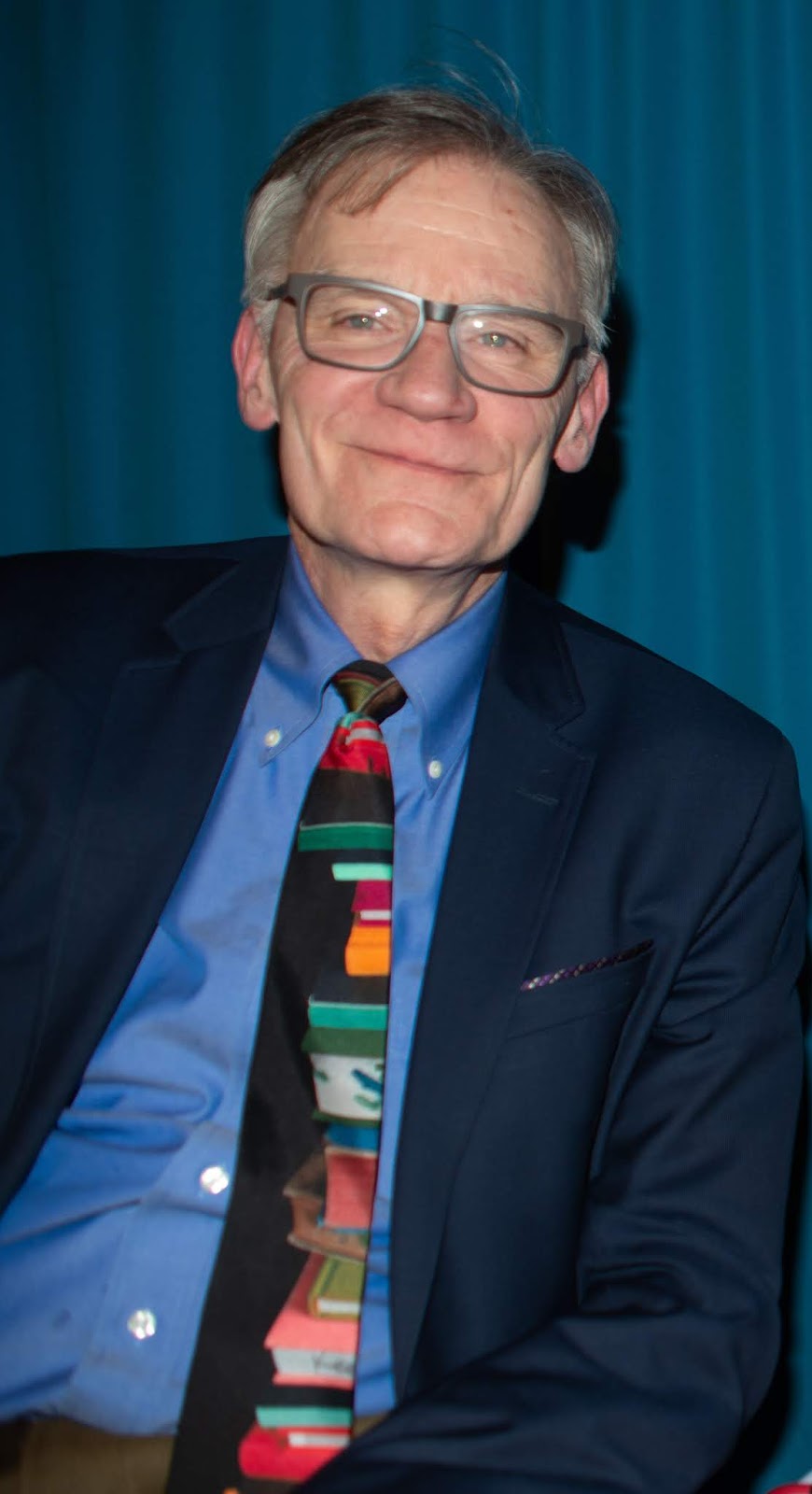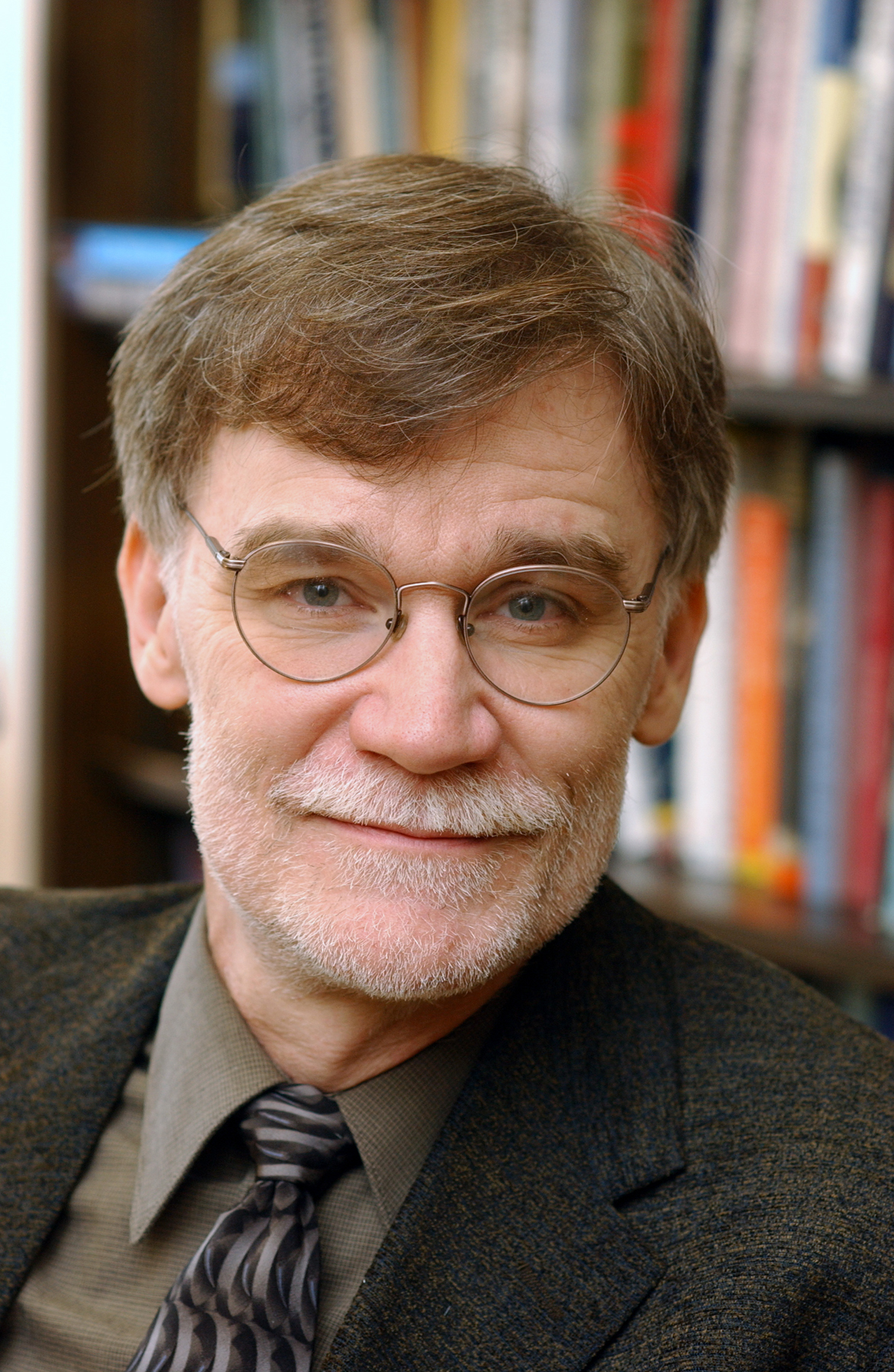

(Editor) Frederick Douglass, Narrative of the Life of Frederick Douglass, an American Slave, St.

(Editor) Charles Harvey Brewster, When This Cruel War Is Over: The Civil War Letters of Charles Harvey Brewster, University of Massachusetts Press (Amherst, MA), 1992. WRITINGS:įrederick Douglass's Civil War: Keeping Faith in Jubilee, Louisiana State University Press ( Baton Rouge, LA), 1989. Senior Fulbright professorship at University of Munich, 1992-93 Frederick Douglass award, 2002, for Race and Reunion.

MEMBER:Īmerican Historical Association, American Studies Association, Organization of American Historians, Society of American Historians. Board memberships include New York Historical Society, Board of Trustees, 2004- African American Programs at Monticello, Charlottesville, VA, board member, 2004- Abraham Lincoln Bicentennial Commission, board of advisors. Cullman Center for Writers and Scholars, New York Public Library, New York, NY, 2006-07 consultant to documentary films, including the Public Broadcasting Service (PBS) series, Africans in America, 1998, and The Reconstruction Era, 2004. Also a fellow at the Dorothy and Lewis B. Affiliated with Northern High School, Flint, MI, 1971-78 North Central College, Naperville, IL, assistant professor, 1982-87 Harvard University, Cambridge, MA, assistant professor of history and Afro-American studies, 1987-89 Amherst College, Amherst, MA, assistant professor, beginning in 1987, became associate professor of history and Afro-American studies writer Yale University, New Haven, CT, professor of American history, 2003-, Gilder Lehrman Center for the Study of Slavery, Resistance, and Abolition, director, 2004. Agent-Dan O'Connell, Strothman Agency, 1 Faneuil Hall Market Pl., Boston, MA 02109. Office- Yale University, History-HGS, P.O. Education: Michigan State University, B.A., 1971, M.A., 1976 University of Wisconsin-Madison, Ph.D., 1985. Beckett (a teacher), Decemchildren: (stepchild) Peter Beckett. The event is a cooperation between Munich Dialogues on Democracy, the Bavarian American Academy and Amerikahaus.Born March 21, 1949, in Flint, MI son of George Franklin and Martha Ann Blight married Karin B.H. Klaus Benesch is professor of English and American Studies at the Ludwig-Maximilians-University in Munich and former director of the Bavarian American Academy. Blight maintains a website, including information about public lectures, books, articles and interviews at At the beginning of his career, he spent seven years as a high school history teacher in his hometown of Flint, Michigan. His lecture course on the Civil War and Reconstruction Era at Yale is on the internet at. He writes frequently for the popular press, including the Atlantic, the New York Times, and many other journals.
David blight professional#
He has worked on Douglass much of his professional life, and been awarded the Pulitzer Prize, the Bancroft Prize, the Abraham Lincoln Prize, and the Frederick Douglass Prize, among others. He is the author or editor of a dozen books, including Frederick Douglass: Prophet of Freedom American Oracle: The Civil War in the Civil Rights Era Race and Reunion: The Civil War in American Memory and annotated editions of Douglass’s first two autobiographies. He previously taught at North Central College in Illinois, Harvard University, and Amherst College. Blight is Sterling Professor of History and Director of the Gilder Lehrman Center for the Study of Slavery, Resistance, and Abolition at Yale University. His life and words ring true even today, especially given the racial tension currently playing out in the United States.ĭavid W. After the war he sometimes argued politically with younger African Americans, but he never forsook either the Republican party or the cause of black civil and political rights. In his unique and eloquent voice, written and spoken, Douglass was a fierce critic of the United States as well as a radical patriot.

By the Civil War, Douglass had become the most famed and widely travelled orator in the nation. Initially mentored by William Lloyd Garrison, Douglass spoke widely, using his own story to condemn slavery. His very existence gave the lie to slave owners: with dignity and great intelligence he bore witness to the brutality of slavery. He was fortunate to have been taught to read by his slave owner mistress, and he would go on to become one of the major literary figures of his time. As a young man Frederick Douglass (1818–1895) escaped from slavery in Baltimore, Maryland.


 0 kommentar(er)
0 kommentar(er)
